When I was a kid my mom used to beg my brothers and I to get outside and enjoy the great outdoors. We were glued to the screen watching Mario jump his way toward saving the princess. My mother's go to argument was that video games were rotting our brains and that we would be better off reading a book instead. Now, I'm not about to challenge the benefits of being outdoors or reading books, but I want to make one thing clear. Video games made me a far more intelligent person than I would have been if I never picked up a controller.
Before I go any further in my ranting, I want to note that I have played video games my whole life. I grew up with an Atari 2600 and have played countless hours on that and every single major gaming system pushed out since my trusty old Atari (I also dabble in PC games when I can). I've played them all and I enjoy games across many different genres (FPS, simulation, strategy, sports, RPG, etc...).
I find myself going back to the older games, specifically on the NES and SNES more and more often and playing the newer titles less and less. With the release of the classic systems by powerhouse Nintendo, and some quick hacking thanks to some great posters to YouTube, I am able to play every single game released for the NES and the top 200+ games for the SNES.
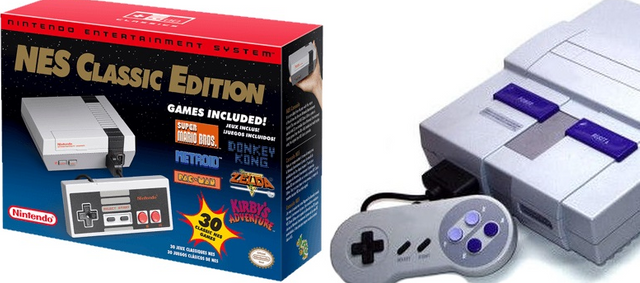
To get to my point, older video games presented a challenge that cannot be matched by many big name modern titles. When I first powered up Mario Bros. on the NES it took me a lot of time to figure out how to see world 1-2. I was child mind you, so the motor skills needed to masterfully move Mario to that flagpole were still in the developing stage. Why that game is so amazing is because you were left alone to figure it out by yourself. The first enemy is a simple goomba, one of the easiest enemies in all of video gaming history. After walking and then running into it, you realize that you need to jump on its head and POOF, he's gone and your score shoots up. Right after that is the question mark block containing the mushroom. Looks like a goomba so you jump on it and BOOM, big plumber...
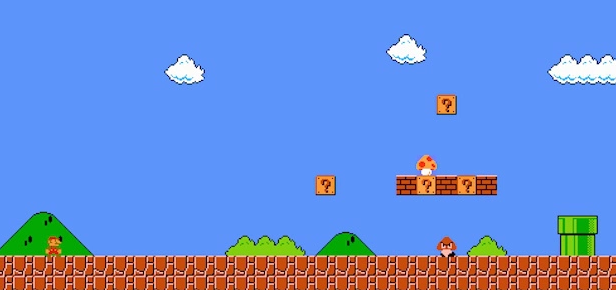
Early games provided an amazing opportunity to figure things out on your own. There were no tutorials, just hours and hours of frustration, which usually ended in the controller getting thrown or a call for dinner. I failed in video games more times than I could count. That poor plumber... Still, those games taught me HOW to fail, and that with each failure came valuable information on how to improve for my next life. Every life felt precious to me and every death felt like a soul crushing defeat, but time after time, day after day, I would pick that controller back up. After all of the struggles and failures, I would occasionally find success and view the credits screen. The first time I beat Mario I felt like I owned the world.
Early games taught me to be a problem-solver who thought outside the box to achieve my goals. I never saw failure as a anything but motivation to try again, to try something new. They taught me to work in groups and collaborate with others (I make a big distinction between that and cheating) to achieve my goals. Video games taught me to think on my feet at times, and how to pause and analyze a situation for others. They taught me how to encourage others and teach my younger brother how to play, without helping him to much. My time spent gaming game me all of the 21st century skills expected of children today.
When the 2000s rolled around and the new age of video gaming dawned with the N64, PS, and Xbox, gaming fell into a dark age in my mind. The companies saw record profits and pushed many great games out, but they took a lot of the frustration out of video games. I personally blame Nintendo for this, as they decided that Super Mario Bros 2 (the Lost Levels) would only be released in Japan and not in the US because they thought American gamers would get turned off by how hard the game was. When I played Mario 64, I was blown away by the graphics and awed at being able to control a 3D Mario, but as the game progressed, something changed. I realized about halfway through that it wasn't if I would beat the game, but when. That was a very sad day for me. I began to assume I would be the game, and all other games I played. I felt entitled that spending my hard earned money mowing lawns and shoveling snow meant I should beat the games I played. Any time I felt stuck in a game for more than a few minutes, there was a very helpful guide nearby to show me how to clear the section. I was along for the ride at that point, playing only for the credit screen.
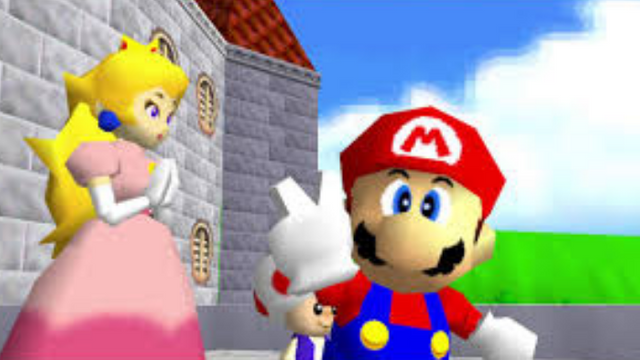
Many modern games lack the challenge and frustration that made me think, and I mean really think about what to do next. Now, there are some modern games that are going back to the basics (any number of indie game developers will tell you that big box gaming companies spoon feed players like they are idiots these days). and they have very strong followings of dedicated games like myself.
Very recently, Nintendo tried to get back to its roots and pushed out BOTW and Odyssey to much fanfare and every 10/10 reviewers could throw at them. They did a fairly good job of it too, but I still expected to beat the games and did with relative ease. I understand that they need to make money and need to make these games appeal to the masses, not just 31 year-old game snobs like me, but I will never forget the feeling of turning on Zelda on the NES and loving not having any directions whatsoever.
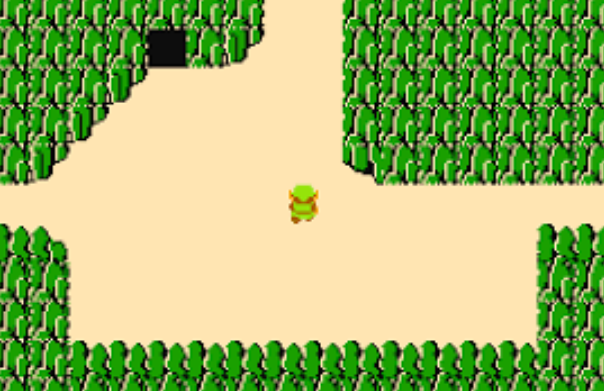
I will say that many games do offer great challenges for games like myself who play a game till its completion, which is different than beating a game. The best example of how gamers have adapted many games to fulfill their need of a legitimate challenge is the recent emergence of speedrunning. Speedrunning has been around for a few decades, but has really exploded in popularity very recently. A YouTuber by the name of Summining Salt has some great videos of speedrunning progressions that explain the frustration and collaborative efforts that go into speedrunning, I recommend checking them out.
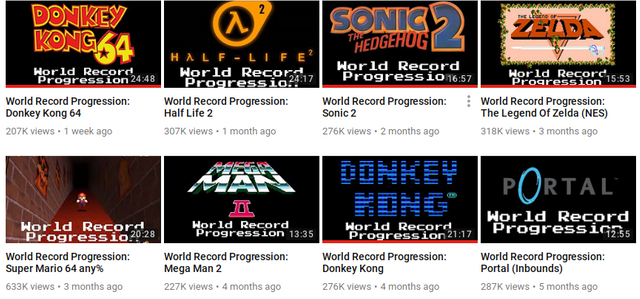
I'll wrap up with this, my son will grow up playing video games, but the first games he will play are Zelda and Super Mario Bros. on the NES. Kids, need to face failure early so they can understand how to handle it when it comes their way later on. They need to be able to draw reference to something personal and video games offer one of the best vessels for that to happen. My fear is that he will get stuck and give up and never want to play again, or worse, that he googles the answer and moves on without a second thought.
Thanks for reading and please post if you agree or disagree. I'd love to hear from other gamers about what you think!
Hi! I am a robot. I just upvoted you! Readers might be interested in similar content by the same author:
https://steemit.com/gaming/@papayas/why-my-mom-should-have-let-me-play-more-video-games-but-why-i-might-not-let-me-son-play-do-you-agree
Downvoting a post can decrease pending rewards and make it less visible. Common reasons:
Submit